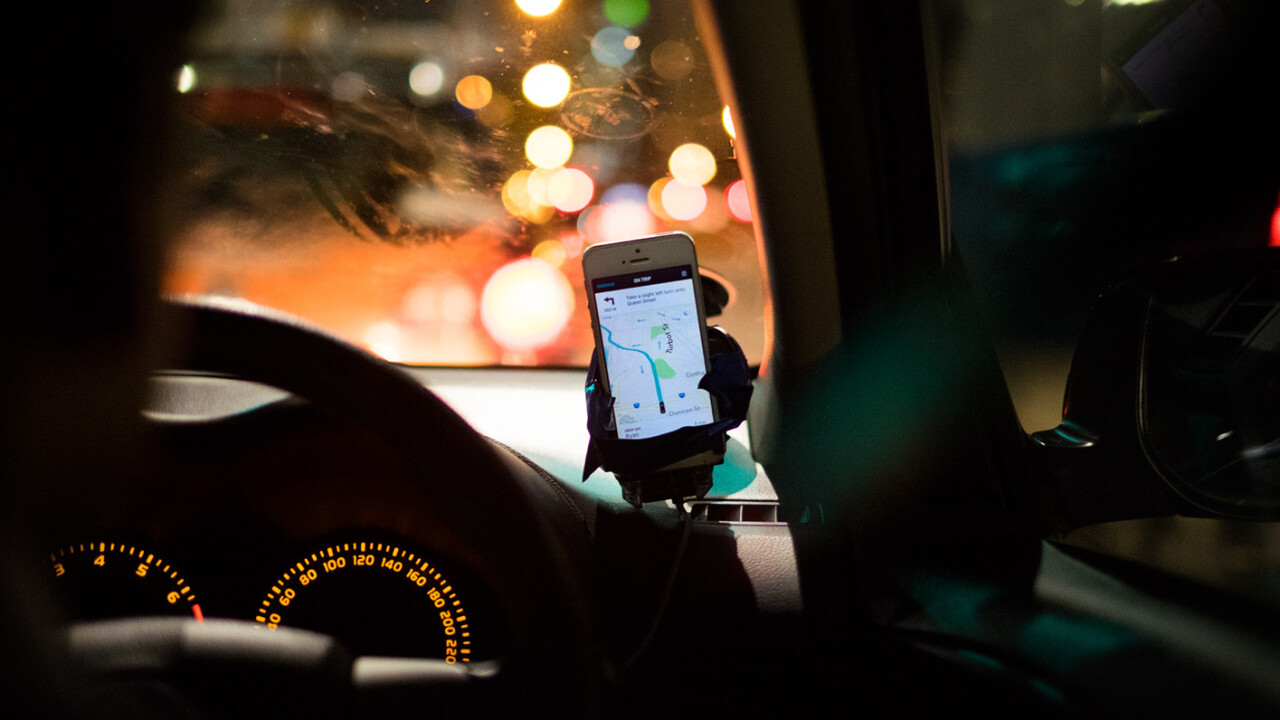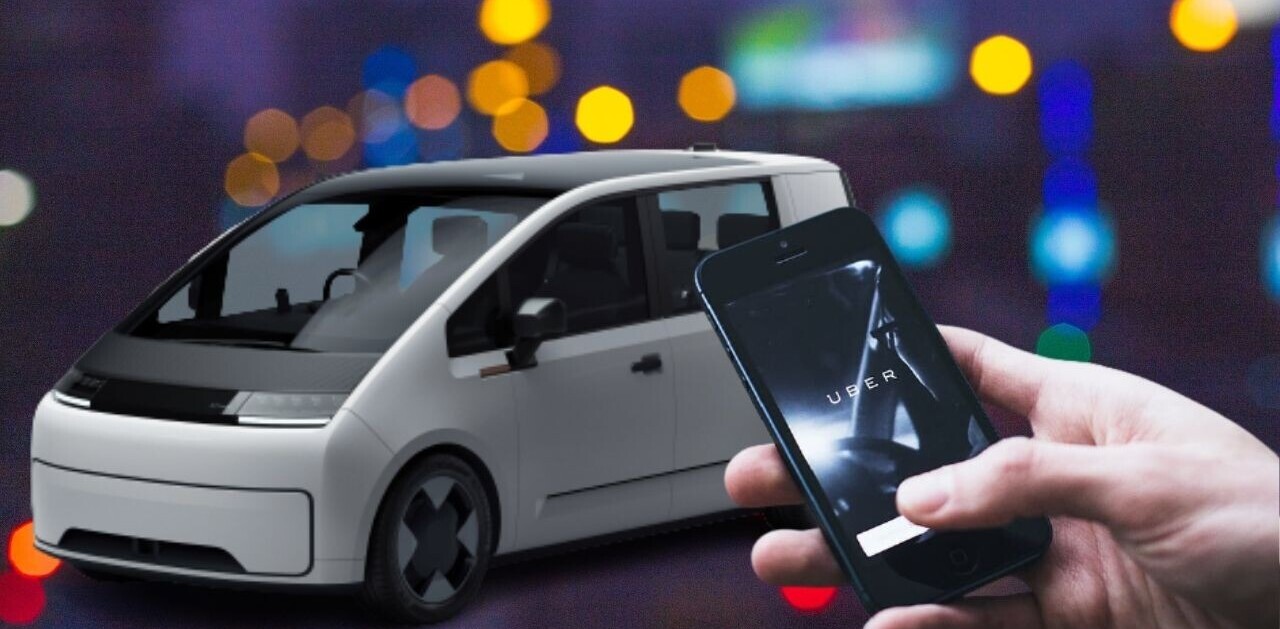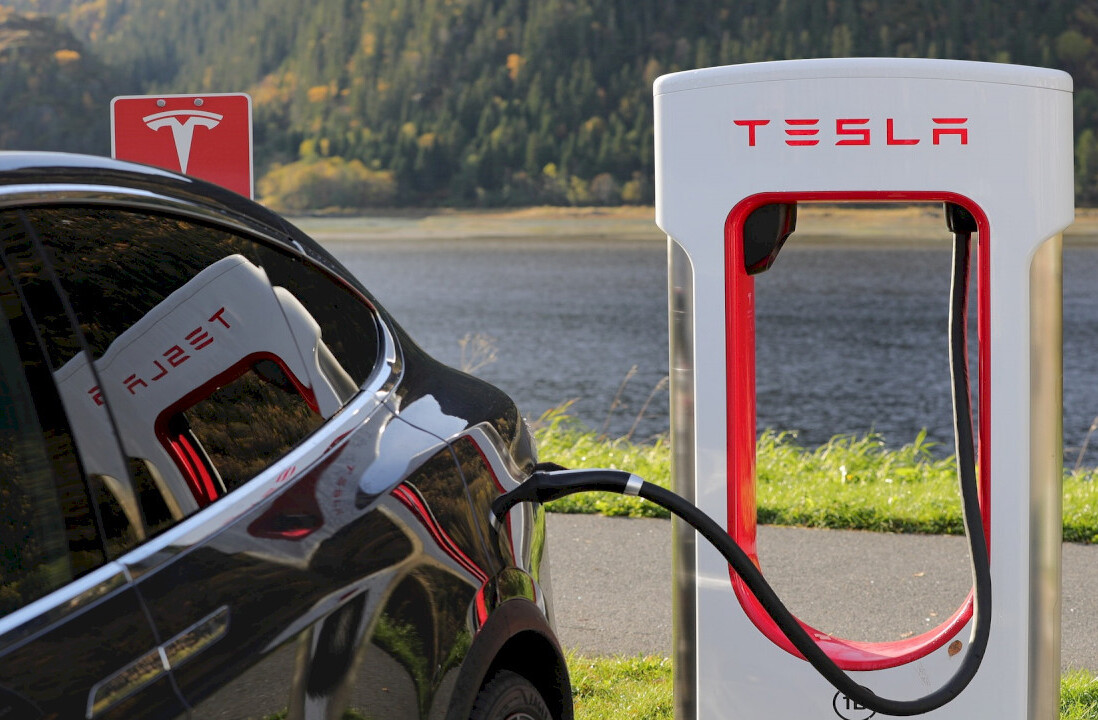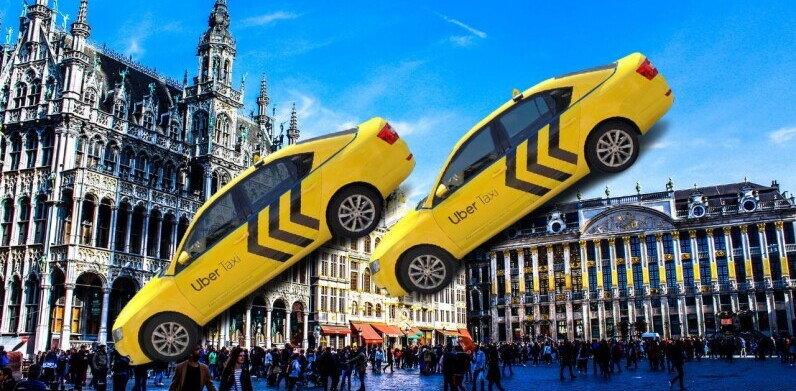Last month, Uber agreed to pay $84 million to settle lawsuits in California and Massachusetts to the 385,000 plaintiffs in two cases brought against it in 2013, over whether its drivers should be classified as employees.
That’s a pittance compared to what it would have had to pay drivers in those two states alone: Reuters reports that court documents made public this week show that had those drivers been Uber employees, they’d have received a whopping $730 million in expense reimbursements over the past seven years.
The money would have gone towards covering the cost of fuel and vehicle maintenance, which Uber drivers currently pay for out of their own pockets. And that’s just for two states in the US; Uber is present in nearly 400 cities around the world, so the amount it would owe drivers if they were employees would quickly run into billions.
The judge presiding over the case in San Francisco is yet to decide whether Uber’s current settlement is fair.
The revelation of these estimated reimbursement figures shed more light on why cab services like Uber aren’t entirely keen to run their businesses as traditional companies: there’s plenty of money to be made doing things their way.
The danger is that these cab companies might soon become too big for cities to rein in.
Over the weekend, Uber and Lyft failed to repeal an ordinance in Austin, Texas, which requires ride-sharing drivers to submit to fingerprint-based background checks. As a result, both firms have opted to cease operations in the city.
If such a scenario played out a few years into the future in places that relied heavily on such cab services, it’d be difficult to get them to comply with regulations without risking city-wide blackouts and leaving numerous citizens without an accessible mode of transport.
I shudder to think of what would happen if Uber, Ola and their ilk shut down in my home city of Bangalore, where buses are perpetually packed to the brim and autorickshaws are a nightmare to haggle with.
If lawmakers want to control these companies effectively, they’ll need to be quicker on the ball about anticipating the opportunities, challenges and drawbacks of technological innovation – as difficult as that may sound.
Get the TNW newsletter
Get the most important tech news in your inbox each week.






